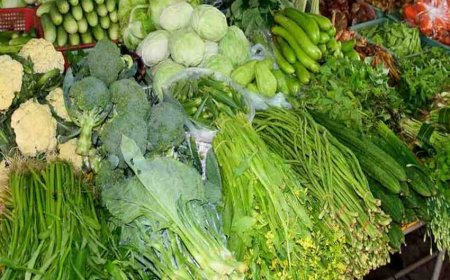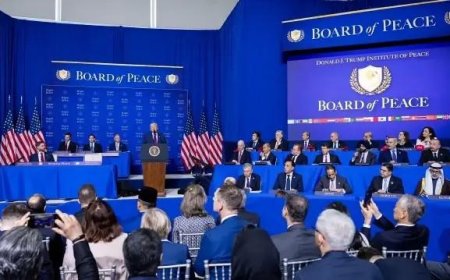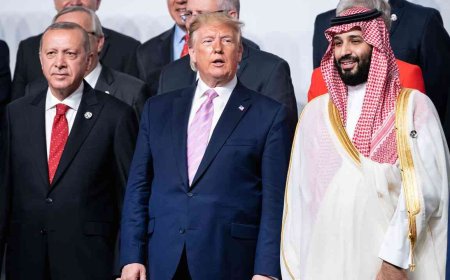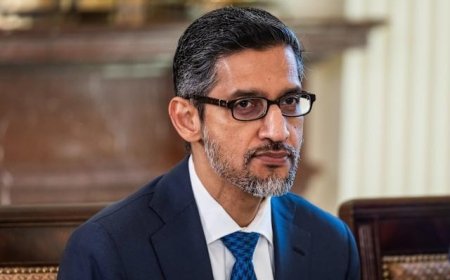Historic Shift: UK Recognition of Palestine Marks Powerful Diplomatic Breakthrough
UK Prime Minister Keir Starmer announces formal recognition of Palestine as a state. Learn about the decision's implications, international reactions, and its symbolic weight 100+ years after the Balfour Declaration.
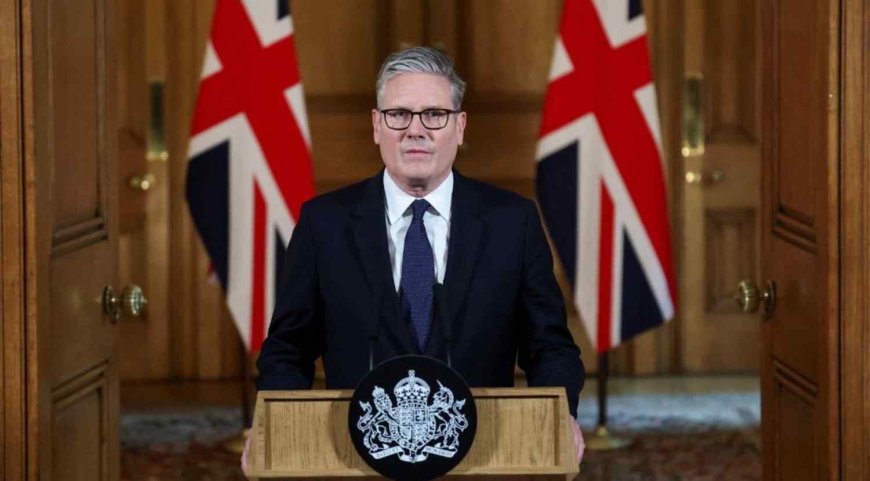
UK Formally Recognises Palestine as Independent State in Historic Foreign Policy Shift
In a move of profound historical and diplomatic significance, British Prime Minister Keir Starmer has announced that the United Kingdom will formally recognise Palestine as an independent state. This decision comes over a century after the 1917 Balfour Declaration first pledged British support for a "national home for the Jewish people" in Palestine and 77 years after the establishment of the state of Israel.
A Decision Forged in Current Crises and Historical Context
Prime Minister Starmer, in a video statement released on Sunday, stated that the escalating horrors in the Middle East made it imperative to preserve the hope of peace and the viability of a two-state solution. This shift in UK foreign policy had been signalled back in July when the new Labour government set clear conditions for recognition.
These conditions included the need for a credible and durable peace process, an end to the violence in Gaza, easing humanitarian aid access, and a halt to further Israeli annexation of land in the West Bank. Starmer was careful to stress that this recognition "does not reward Hamas," which the UK designates as a terrorist organisation, and he made clear that Hamas would have no role in a future Palestinian government.
What UK Recognition of Palestine Actually Means
The UK's recognition is largely symbolic but carries substantial diplomatic weight. It means the British government now officially regards Palestine as a sovereign state based on the pre-1967 borders, with East Jerusalem as its capital. This moves the UK's position from a theoretical endorsement of a future state to a formal acknowledgment of statehood in the present.
Alongside the recognition, the UK government pledged to sanction senior Hamas figures and insisted on concrete commitments from Israel to stop settlement expansion and allow unfettered humanitarian aid into Gaza. Foreign Secretary Yvette Cooper described the move as affirming the "inalienable right of Palestinians to self-determination." Deputy Prime Minister David Lammy clarified that a state would not materialise overnight but called it a critical step toward "true, long-term peace."
International and Domestic Reactions
The announcement triggered swift and mixed reactions from around the world:
-
Palestinian Response: The Palestinian Authority welcomed the decision. Its foreign minister stated it was a "message of hope" that affirmed Israel has no legitimate claim to sovereignty over the occupied territories.
-
Israeli Reaction: Israeli Prime Minister Benjamin Netanyahu condemned the UK's move, labelling it a "prize for Hamas." Some far-right ministers in his coalition responded by calling for the immediate annexation of parts of the West Bank.
-
International Coordination: The UK's recognition was not isolated. Canada, Australia, and Portugal also formally recognised Palestinian statehood in tandem, signalling a coordinated shift among several Western nations ahead of the 80th session of the UN General Assembly.
-
UK Domestic Politics: The decision follows mounting pressure on Starmer from within his own Labour Party and the British public, where many MPs and constituents have viewed recognition as a moral imperative and a necessary step for justice.
Symbolism vs. On-the-Ground Reality
While historically significant, analysts were quick to point out the limitations of the gesture. The recognition does not immediately alter the daily realities for Palestinians living under occupation. It does not automatically improve access to aid or security, nor does it dissolve Israeli control over territory, airspace, and borders.
Palestine remains a non-member observer state at the United Nations. Achieving full UN membership would require a vote in the Security Council, where the United States has historically used its veto power to block such moves. The ongoing issues of Israeli settlements, displacement, and violence in Gaza and the West Bank remain urgent and unresolved challenges.
A Watershed Moment in Western Diplomacy
Despite its symbolic nature, the UK's decision marks a major strategic shift in Western diplomacy towards the Israeli-Palestinian conflict. It moves from a long-held policy of waiting for a final negotiated peace deal to completion to one of recognising statehood now as a means to spur negotiations.
For the UK, it represents an attempt to address a century of complex history that began with the Balfour Declaration. Prime Minister Starmer framed the decision as a necessary action taken at a moment when the two-state solution feels more distant than ever, aiming to resurrect it from the brink of collapse and chart a new course toward lasting peace.
What's Your Reaction?







